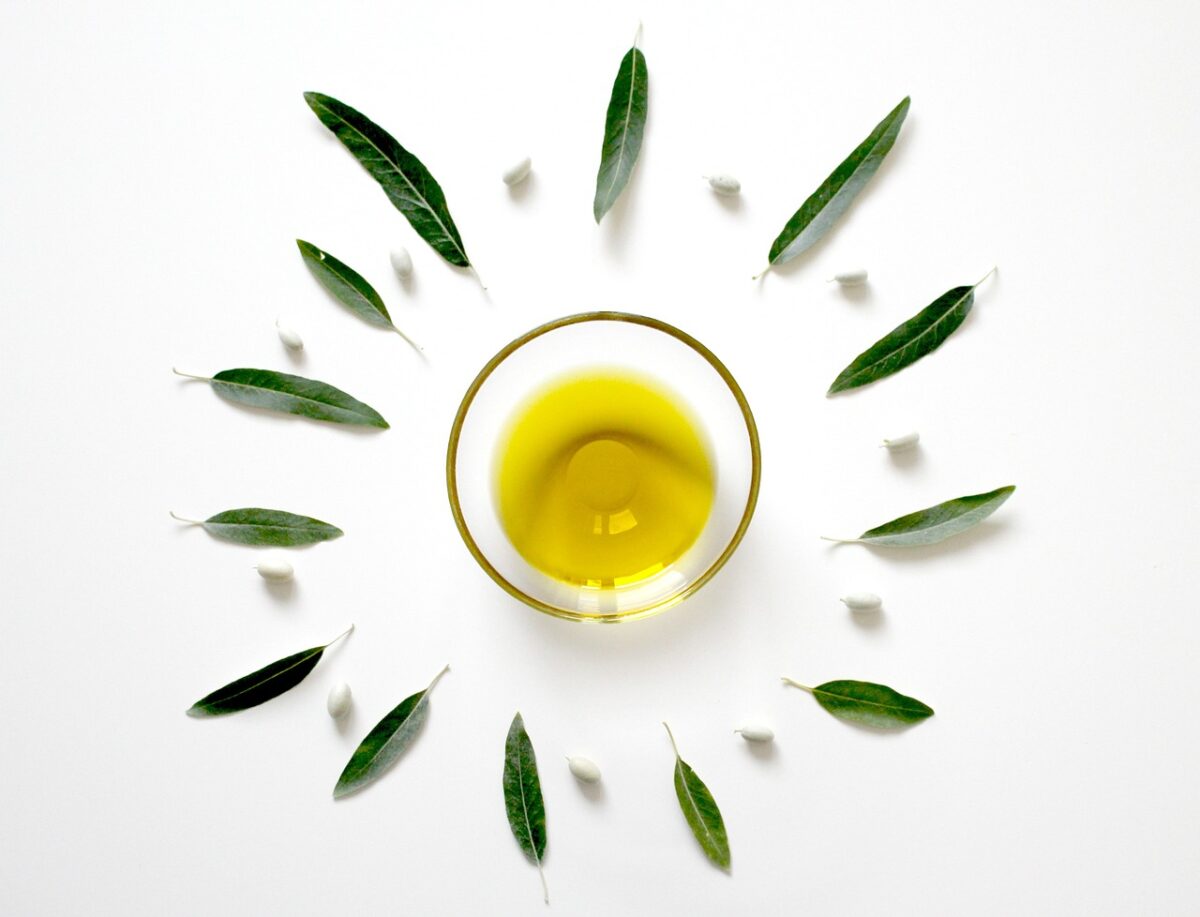Cooking with oil is one of the most common techniques used in the kitchen. Whether you’re baking, frying, sautéing, or roasting, using the right oil can make a significant difference in the flavour and health of your food. However, it’s crucial to know how much heat a particular oil can handle and how to choose the best oils for your health. In this blog post, let’s dive into the world of cooking with oil and discover the best techniques and tips for healthy and delicious meals.
Not all Oils are Created Equal
Not all oils are created equal when it comes to cooking. Different oils have different smoke points, which affect their stability and overall health benefits. The smoke point is the temperature at which an oil starts to smoke and break down, producing harmful compounds that can be harmful to your health. Therefore, it’s essential to use oils with a high smoke point for high-heat cooking methods such as roasting, frying, and grilling. Examples of oils with high smoke points include avocado oil, peanut oil, canola oil, and vegetable oil.

Common cooking oils and their smoke points:
- Extra Virgin Olive Oil (EVOO): With a smoke point of 325-375°F, EVOO is best suited for low-heat cooking like sautéing, baking, and roasting. It’s packed with heart-healthy monounsaturated fats and lends a robust, fruity flavor to dishes.
- Canola Oil: Canola oil’s smoke point is around 400°F, making it versatile for medium-heat cooking methods. It’s a good source of monounsaturated fats and has a neutral taste that won’t overpower your dish.
- Coconut Oil: This tropical oil has a smoke point of 350°F. It’s ideal for baking and adds a sweet, subtle coconut flavor. Coconut oil is high in saturated fats, but it’s also rich in medium-chain triglycerides (MCTs) that can boost energy levels.
- Avocado Oil: With an impressive smoke point of up to 520°F, avocado oil is excellent for high-heat cooking techniques like frying and searing. It’s rich in heart-healthy monounsaturated fats and vitamin E, plus it adds a creamy, buttery flavor to dishes.
- Peanut Oil: With a smoke point of 450°F, peanut oil is a great choice for frying, sautéing, and grilling. It’s high in monounsaturated fats and adds a nutty flavor to dishes.
- Sesame Oil: This oil has a smoke point of 410°F, making it good for medium to high-heat cooking. It’s rich in antioxidants and adds a powerful, nutty flavor, especially when used in Asian cuisine.
- Grapeseed Oil: With a smoke point of 420°F, grapeseed oil is suitable for medium-high heat cooking. It’s high in polyunsaturated fats and vitamin E, and offers a mild flavor that won’t compete with your dish.
- Butter: Real butter has a low smoke point of 300°F, so it’s best for baking or low-heat cooking. It’s high in saturated fat, but also contains beneficial nutrients like vitamin A.
- Lard/Tallow: These animal fats have a smoke point around 375°F (lard) and 400°F (tallow), making them suitable for medium-heat cooking. They are high in saturated fats, but also contain monounsaturated fats.
However, not all high-smoke point oils are healthy. Vegetable oil and canola oil are often highly refined and processed, leading to the depletion of nutrients and a high amount of omega-6 fatty acids, which can induce inflammation. Remember to also include unrefined oils rich in omega-3 fatty acids like flaxseed oil, hemp oil, walnut oil, or extra virgin olive oil. These oils have lower smoke points and are best used in low-heat cooking methods like sautéing, dressing, or drizzling.
Another essential factor when choosing oils for your health is their composition. Saturated fats like coconut oil and butter have traditionally been considered unhealthy, but recent research suggests that they might have health benefits too. Coconut oil contains medium-chain triglycerides, which are easier to digest and absorb.

Medium Chain Triglycerides
Medium-chain triglycerides, or MCTs, are a type of fatty acid that can work wonders for your health. They’re easily digested and absorbed, providing a quick burst of energy that can fuel your brain and body. MCTs have been linked to numerous health benefits, from enhancing brain function and boosting heart health, to aiding in weight management and even improving exercise performance.
Olive Oil
Additionally, olive oil holds many benefits, including protecting against heart disease, cognitive decline, and even cancer. It’s crucial to balance your intake of saturated fats with unsaturated fats like polyunsaturated and monounsaturated fats found in nuts, seeds, fish, and vegetable oils to promote optimal health.
Extra virgin olive oil is a powerhouse of health benefits, making it an essential addition to your daily diet. Rich in monounsaturated fats, it promotes heart health by reducing levels of bad cholesterol (LDL) and increasing good cholesterol (HDL). The high content of antioxidants and anti-inflammatory properties found in extra virgin olive oil contribute to strengthening bones and muscles, helping to prevent osteoporosis and rheumatoid arthritis. Additionally, it aids in weight management due to its ability to provide satiety and control cravings. What sets extra virgin olive oil apart is its rich flavor profile and high phenolic content, which has been associated with fighting cancer cells and improving brain function. So why not make the switch? Incorporate extra virgin olive oil into your meals for a delicious and nutritious boost to your health.
When it comes to cooking, the right technique significantly affects the final result. Instead of pouring too much oil in the pan or deep-fryer, use a smaller amount and distribute it evenly. Experiment with alternative cooking methods like broiling, baking, or steaming to create delicious and healthy meals without the need for high amounts of oil. You can also swap oils for other types of fats like avocado or tahini to add an explosion of flavour without high-heat cooking.
Conclusion:
Now that you know how much heat and which oils to choose for your health when cooking, go ahead and experiment with different oils and cooking techniques. Opt for high-smoke point oils for high-heat cooking methods, and unrefined oils with lower smoke points for low-heat cooking and dressings. Make sure to balance your intake of saturated and unsaturated fats to promote optimal health. Remember that cooking with oil is all about balance, moderation, and flavour!



